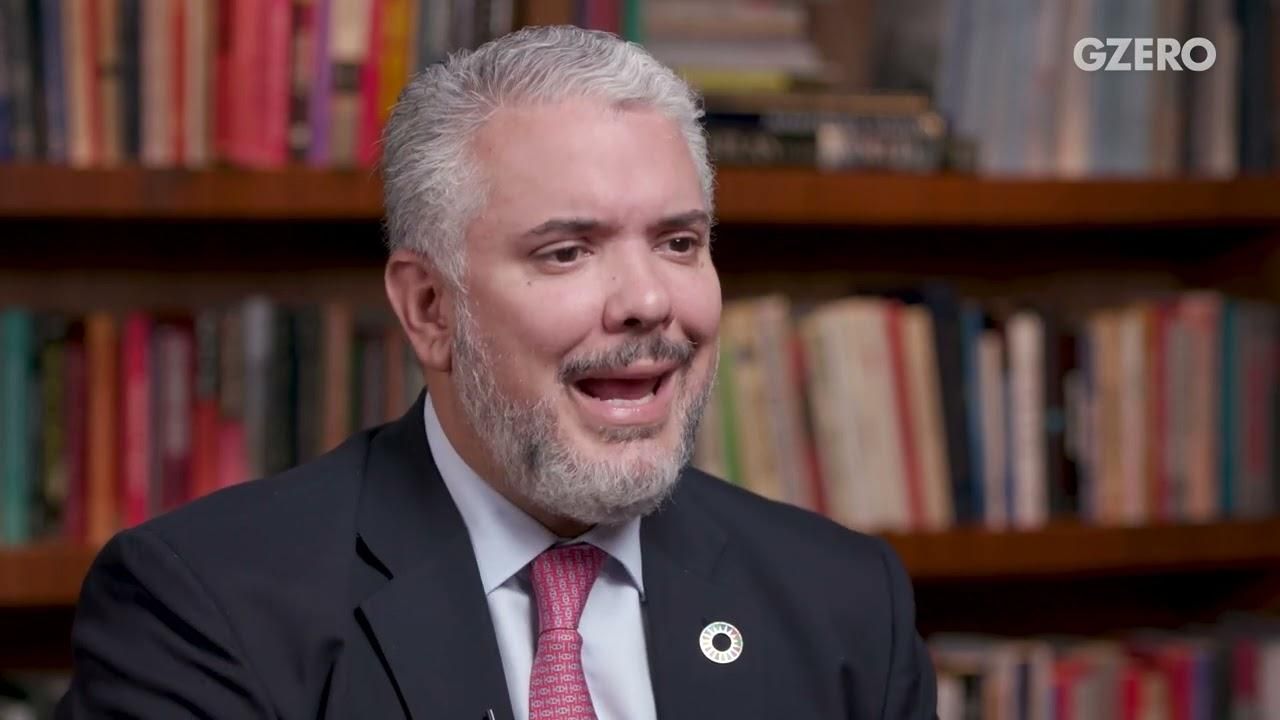
Iván Duque: I Should Have Been More Forceful With US on Drugs | GZERO World
Iván Duque has few regrets from his time as Colombia's president. But if he could go back and do better on one thing, perhaps he should have been more vocal on the War on Drugs.
For Duque, there's too much focus on the supply side of the problem — Colombian cocaine — and too little attention on the demand side: Americans hungry for the drug.
In a GZERO World interview, Duque tells Ian Bremmer that he brought this up with both Donald Trump and Joe Biden. Maybe, he adds, he should have said it more and raised his voice.
Another thing he wished he could have done more on: migration from Venezuela.
From Your Site Articles
- Can there be capitalism without freedom? No, says Iván Duque ›
- Colombia's new president Gustavo Petro: Biden team aware the war on drugs has failed ›
- The Graphic Truth: Did the war on drugs work? ›
- How to solve Colombia's cocaine problem ›
- Will Gustavo Petro overhaul Colombia's economy, forests, and drug policy? ›